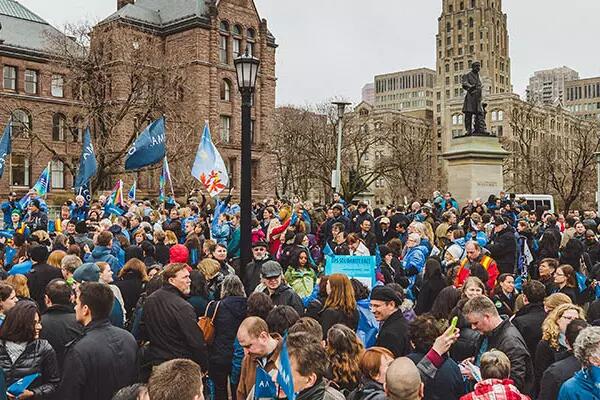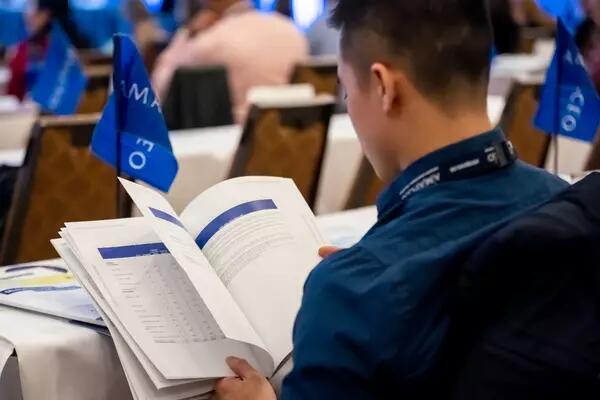Preamble
In 1998, when AMAPCEO negotiated its first full collective agreement with the Ontario Public Service (OPS) Employer, the Board of Directors of the day approved a dispute carriage process.
Wherein, within a peer carriage model (process) there would be defined decision points at which time AMAPCEO would officially “carry” or advance, a dispute forward to the next stage of the dispute resolution process on behalf of an individual complainant or a group of complainants, or to decline its furtherance.
Policy Statement
The Board of Directors and/or its designees (e.g., the Workplace Relations Committee, Executive Committee, or President/CEO) shall maintain the sole right to determine dispute carriage of both individual, group, and policy disputes.
Furthermore, the decision to carry forward a dispute must be supported by the decision-makers at the second/formal stage, and at the arbitration/mediation stage, with all such decisions being predicated on pre-approved criteria.
In instances where carriage has been denied, members may be afforded the ability to appeal the decision pursuant to operational policy.
Postscript
Since its inception, AMAPCEO has believed that the rights of the collective must be balanced against the rights of the individual. Thus, the right of any individual member cannot supersede the union’s overall fiduciary duty to its membership as a whole.
While an individual or group may have the right to file an informal/stage one dispute, the union must reserve its right to act in the best interests of the greater collective in determining whether to advance (carry) a dispute through the formal dispute process.
AMAPCEO’S carriage rights model is consistent with public guidance from the Ontario Labour Relations Board.
More detailed information on AMAPCEO’s internal dispute carriage decision model can be found on the union’s main website. Dispute resolution & help I AMAPCEO


